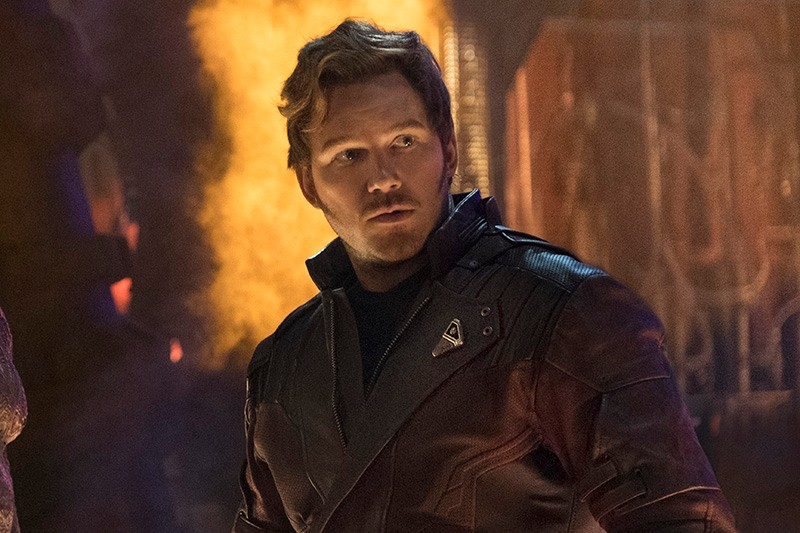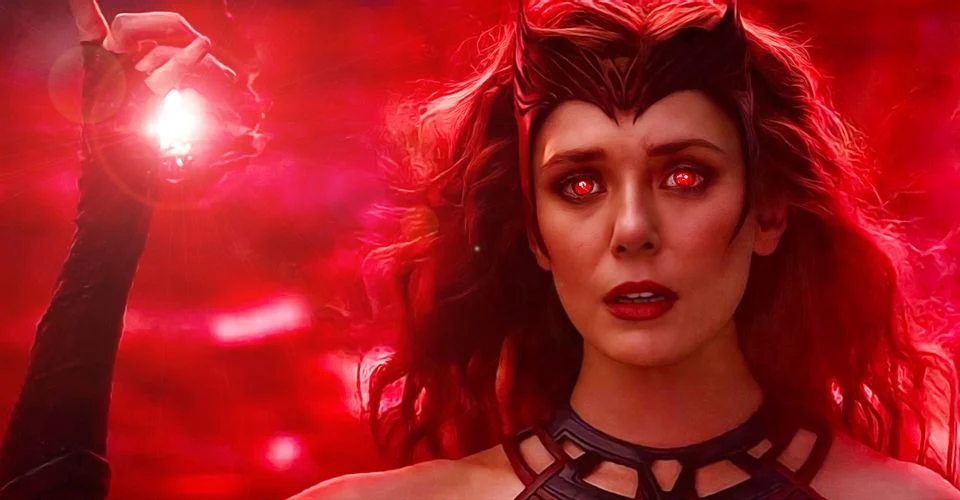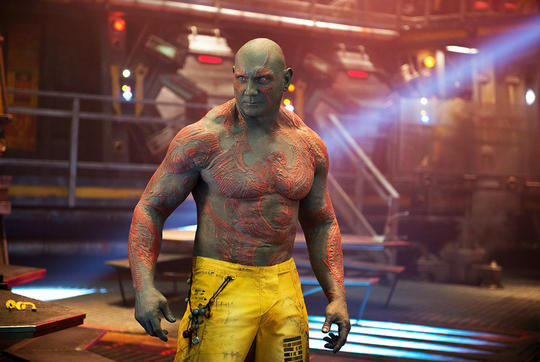How Has Marvel Revolutionized Modern Cinema?
- Phoenix A. Edwards

- Dec 22, 2021
- 4 min read
Updated: Dec 29, 2021
It’s hard to overstate the cultural influence of the Marvel Cinematic Universe. From Halloween costumes to new baby names (prepare for a whole host of Gamoras in the next generation), Marvel’s superheroes have become a defining aspect of pop culture.
But one of the most significant effects the MCU has had on the modern world concerns its own medium— film. Ever since Iron Man premiered in 2008, Marvel had been changing the way people make and watch movies. From post-credits scenes to increased minority representation, the MCU’s impact on the world of cinema will be felt for generations.
With dozens of heroes, villains and stories, the MCU has left a lasting influence on movies. Here's how Marvel crafted a legacy for others to follow.

The depth and breadth that a single movie franchise can be capable of have been greatly expanded thanks to Disney's MCU. The Marvel Cinematic Universe as we know it today is essentially one cohesive storyline told over 26 films, something that goes far beyond what other successful franchises such as Harry Potter and Lord of the Rings had ever achieved.
Such lengthy story arcs would never have previously been considered profitable by movie studios, that would generally assume that fans would lose interest after a few films. However, Disney has been able to confidently rely on the dedication of its Marvel fan base, knowing that they will keep coming back for more.

Perhaps what really sets the MCU apart from other blockbusters is the effort that goes into making films that don’t just break the box office, but impress critics as well. No one ever sets out to make a bad film, but let’s just say there are some blockbusters more concerned with appealing to every possible viewer than making something with artistic quality. A Marvel Studios production has become a byword for reliable excellence, with viewers guaranteed that even the occasional misstep will end up as a half-decent flick. This is borne out by the MCU’s Rotten Tomatoes scores starting at a (still fresh) 66% for Thor: The Dark World (welp! Eternals...) – with seven films scoring at least 90%.
What’s more, while it’s easy to categorise each entry as a “superhero” or “comic book” movie, the truth is that there are a vast array of different genres at play. There has been a deliberate strategy by the Marvel head honchos to keep things fresh by riffing on heist movies (Ant-Man), conspiracy thrillers (Captain America: The Winter Soldier) and John Hughes high school comedies (Spider-Man: Homecoming), to name but a few.
Marvel Studios’ president and uber-producer Kevin Feige has also taken risks with stars and directors. Robert Downey Jr. was a gamble and a surprise for the role of Tony Stark; Chris Pratt was best known as the dimwitted, schlubby Andy in sitcom Parks and Recreation before he become the ripped and roguish Star-Lord; and who the hell else would let Taika Waititi make Thor: Ragnarok?!
Part of the MCU’s appeal is that it’s full to the brim with pop culture references, from Star Lord’s obsession with Footloose to Peter Parker’s monologues about “really old movies” like Star Wars and Alien. Many films pile on pop culture references, but there's something about the way the Marvel films do it that is unique within the world of cinema.
Referencing pop culture may seem to have little purpose other than comic relief, but it actually serves to humanize characters. When characters casually quote Star Wars or The Breakfast Club, they show that they're just like us— or, in other words, they too have watched fan-favorite films so many times over that they can quote them by heart. Normally, characters in science fiction films are far too busy fighting space battles or reprogramming alien technology to spare time for chit chat about Kevin Bacon. But in the MCU, no hero is above a pop culture reference, even when the fate of the universe is at stake. Although it may not have invented the pop culture reference, the MCU has shown that casual discussion of Footloose does have a place in science fiction films.
Ten years ago, the idea of a summer blockbuster dealing with real-world issues like racism and sexism would have seemed as unlikely as Drax achieving invisibility. But the MCU has taken strides towards creating action-adventure flicks that aim to not only entertain audiences but also encourage reflection upon the issues that plague modern society. Black Panther demonstrated the effects of racism, Spider-Man: Homecoming showed how poverty can drive people to extreme measures, and Captain Marvel explored how sexism can affect a person's life.
Spider-Man: Into The Spiderverse followed a similar formula to the MCU movies, thrilling audiences with different dimensions and compelling plot twists, all while offering commentary on the issue of minority representation within the media. Nowadays, superhero films are held to a higher standard, with audiences expecting more from their heroes than just superpowers.
After Endgame, Marvel is entering its fourth phase, moving beyond the movie theater. Now, the tie-ins won’t simply expand from movie to movie, but from platform to platform. As Thor, Spider-Man, and Doctor Strange have sequels in movie theaters, they’ve been tying in with Disney+ appearances from WandaVision, The Falcon and the Winter Soldier, Loki, and Hawkeye (to name a FEW). And as the biggest companies in the world try to jump-start their streaming services, there will only be one streaming service where you can watch Marvel’s universe unfold. (Industry watchers will note that Marvel’s shift into streaming coincides with Feige taking the reins of Marvel Studios writ large, as Jeph Loeb’s Marvel TV banner closes up shop.)








































Comments